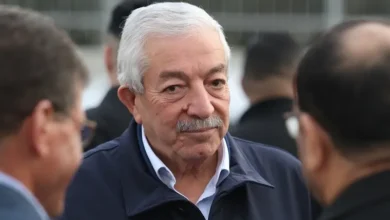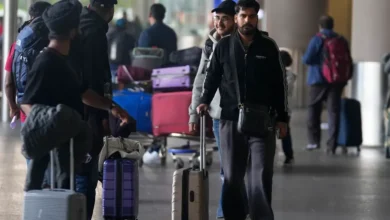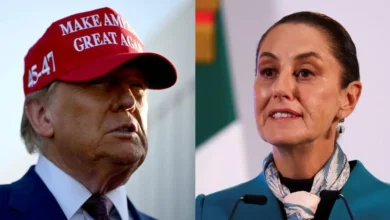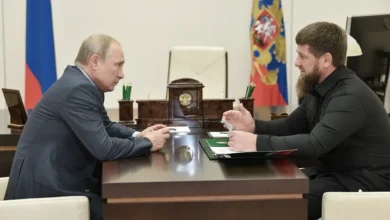Is Trump the end of the international rules-based order?
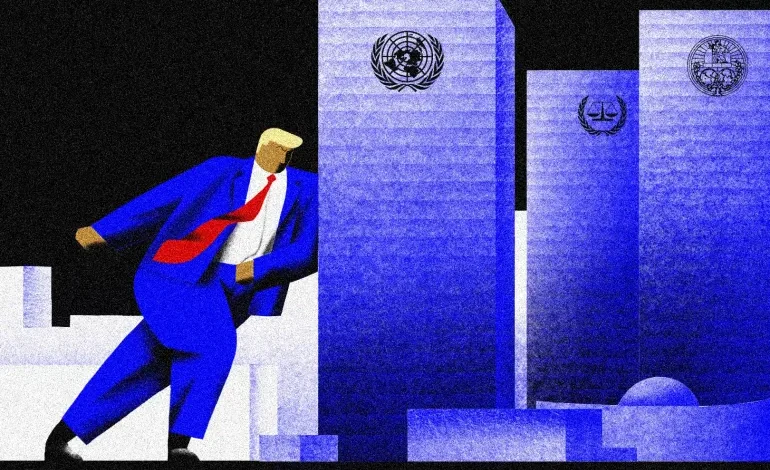
After more than a year of Israeli bombing, tens of thousands of Palestinian deaths, and a humanitarian catastrophe in Gaza, the world was largely united in saying “enough is enough”.
United Nations General Assembly (UNGA) resolution 12667 in December was clear in its demand: An immediate ceasefire in Gaza. Countries as diverse as Vietnam, Zimbabwe and Colombia echoed that call.And yet, bucking that consensus were nine “no” votes – chief among them, as is typical when it comes to resolutions calling for Israel to adhere to international law or human rights, was the United States.
The US has provided unwavering support to Israel throughout its war on Gaza, even as Israel faces accusations of genocide at the International Court of Justice (ICJ) and its prime minister has an International Criminal Court (ICC) arrest warrant to his name.
Gaza had made the US choose openly between adhering to the international “rules-based order” – the system of laws and norms established in the wake of World War II to avoid wars and foster democracy – it claims to uphold, or support Israel. It chose the latter.The Democratic administration of former US President Joe Biden, which was in the last days of its tenure when it voted “no” on the UNGA resolution, repeatedly claimed to be acting in defence of the rules-based order – not least in its condemnation of Russia’s invasion of Ukraine – in all matters other than those related to Israel and Palestine.
The US supported Ukraine as a country defending itself from an unjust invasion by a neighbour. In the Asia Pacific, it strengthened partnerships with allies threatened by potential Chinese expansionism, particularly Taiwan.But the first few weeks of US President Donald Trump’s second term upended all expectations. Now, Ukrainian President Volodymyr Zelenskyy finds himself berated in the Oval Office by Trump and his Vice President JD Vance, who sent out friendly feelers to Russia.Greenland, Panama and one of the US’s closest allies, Canada, find themselves the subject of Trump’s imperialist rhetoric.
Trump has made clear that the old rules are out of the window. His posture towards Ukraine and his push for trade tariffs against allies is part of an isolationist, “America First”, mentality – which sees the world’s issues as not the US’s business, and international cooperation as weak.
Vance’s words at the Munich Security Conference in February – insinuating that European governments are authoritarian for not working with far-right parties – highlighted that Trump’s Make America Great Again (MAGA) movement doesn’t see Europeans as allies, at least not if European leadership remains liberal and internationalist in nature.

